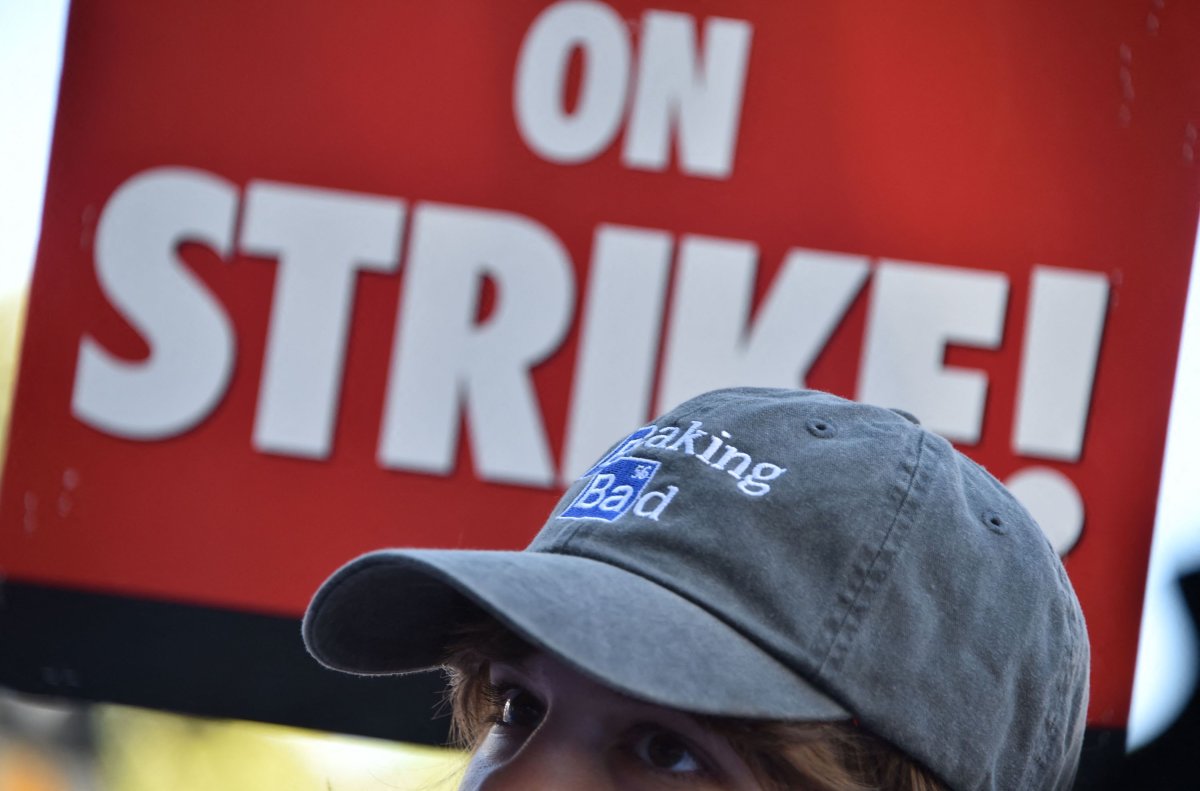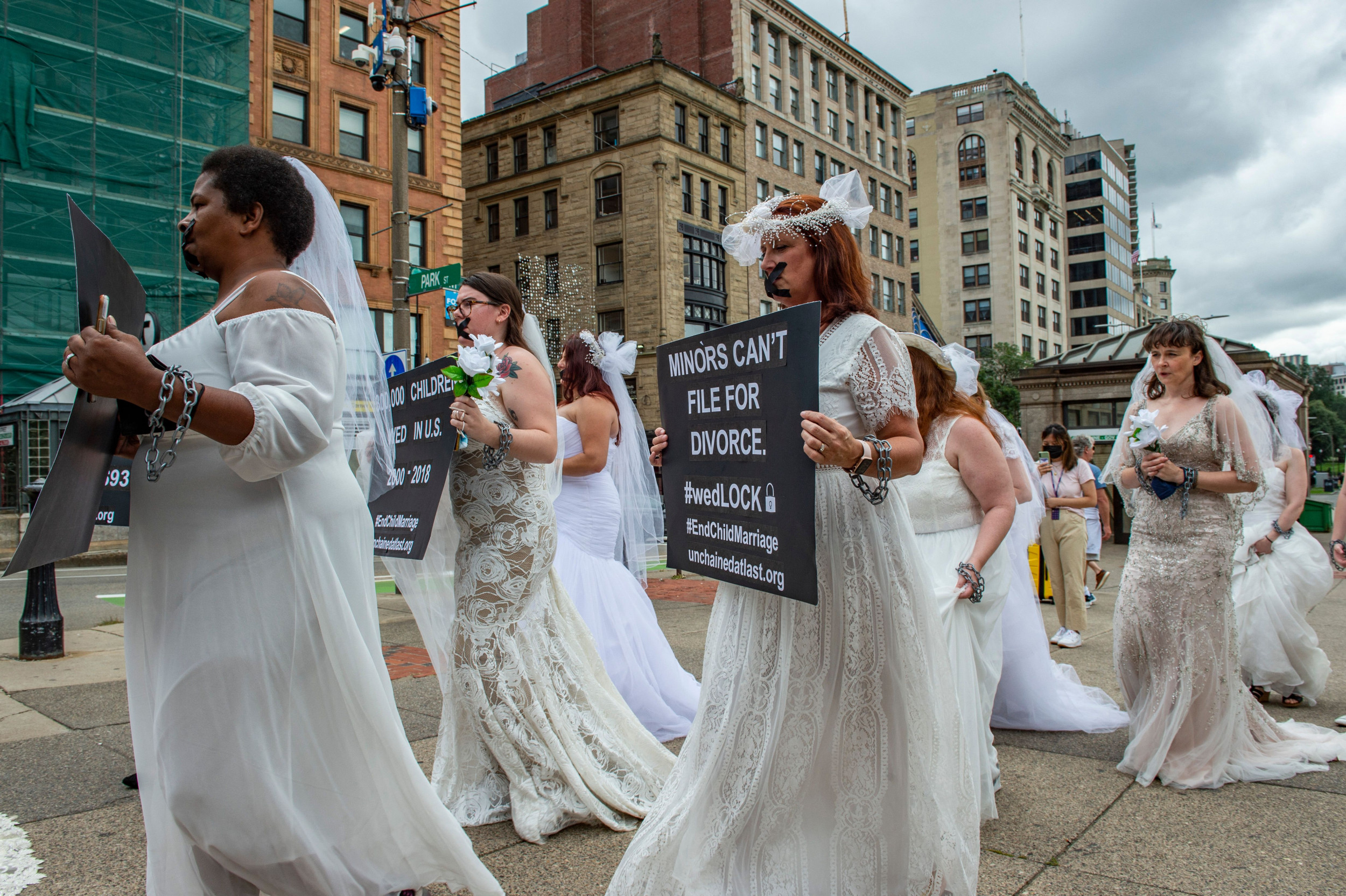Unions are supposed to "represent" workers, but the facts tell a different story. Union officials devote their time and money to playing politics, often pushing radical policies that are completely out of touch with rank-and-file members. Union bosses spend billions every election cycle, much of which funds legislative and political efforts to expand their own power.
Most recently, these efforts have centered on the so-called PRO Act (H.R. 20, S. 567). While unlikely to get 60 votes in today's Senate, this wish list of union boss power grabs aims to force more workers into union dues-paying ranks whether they like it or not.
The PRO Act would wipe out every state-level Right to Work law. It would also rewrite the definition of "independent contractor" to make nearly everyone a traditional (read: unionize-able) employee. It includes numerous other changes to federal law that undermine the rights of workers who oppose union affiliation, for example by adding new restrictions on workers' ability to hold decertification elections to vote out unwanted unions.
The PRO Act's proposals benefit union bosses, not the workers they claim to represent. It's hard to see how workers would benefit by eliminating the Right to Work laws in the majority of states that currently have them, which simply make union dues a voluntary choice. Of course, it's obvious why union bosses would want the ability to force workers to pay up or be fired.
These are not crowd-pleasing policies. Over 80 percent of Americans think union dues should be voluntary, which is part of the reason why the PRO Act has been too radical to pass.
But suppose it did pass. What would union bosses demand next?
Since Big Labor is fundamentally a political operation, its next legislative moves have been game-planned far in advance by union bosses and their allies in academia and the nonprofit world.
A Harvard University report called "Clean Slate for Worker Power," written in consultation with major unions and funded by the pro-forced unionism Kellogg and Hewlett foundations, contains over 100 pages of ideas for new union boss powers.
Some of the proposals are downright bizarre. The report suggests that union bosses be allowed to "digitally picket" a company's website. To accomplish this, businesses would be legally required to put a pop-up window on their webpages saying that a strike is occurring, so that customers would have to either "cross the picket line" by closing the pop-up, or leave the site.

Even more sinister are the proposals aimed at reducing the number of workers who must support unionization before a union is imposed on all the rest. The vast majority of Americans believe that workers should decide, as individuals, whether union membership and dues payment are right for them, but current law allows union bosses to force "representation" and dues payment on non-consenting workers by claiming to have support from a majority of their coworkers.
"Majorities," however, can be established through low-turnout elections, and union bosses can sometimes simply point to signed union "cards" without a vote ever taking place.
To eliminate the frustration of having to get and maintain worker support, union bosses want to enforce a practice called "sectoral bargaining." Instead of going from location to location and fighting for worker support, the government could simply declare union officials the "representatives" of workers in an entire industry.
The Harvard report suggests that union bosses should only be required to get support from "5000 workers in a sector or 10 percent of the workers in a sector (whichever number is lower)" to establish an industry-wide union monopoly. A union-backed Massachusetts ballot measure to impose sectoral bargaining on Uber and Lyft drivers similarly proposes cards from just 25 percent of all workers should trigger monopoly union representation powers.
Once installed, sectoral bargaining panels could centrally plan industry working conditions without worrying about worker objections. Such a system would be a radical change in our economy, upending traditional American values of free markets and individual choice.
It would subject the entire country to union bosses' twisted economic logic. These are the people who believe that absurd work requirements, like union electricians being the only ones allowed to operate light switches on construction sites, create "job opportunities" rather than just wasting time.
For American workers who want the freedom to work more flexibly than union central planners would allow, and who don't feel union bosses would do a good job controlling the economy, sectoral bargaining would be a disaster.
But none of that is of any concern to union bosses seeking to expand their own power. The PRO Act would accelerate that expansion, but it only serves as the first step towards Big Labor's goal of subjecting every worker in America to union control no matter their objections.
Americans should reject these cynical power grabs, support Right to Work laws to protect workers from forced union dues, and fight to ensure that unionization is a voluntary choice for everyone.
Mark Mix is President of the National Right to Work Legal Defense Foundation.
The views expressed in this article are the writer's own.
Uncommon Knowledge
Newsweek is committed to challenging conventional wisdom and finding connections in the search for common ground.
Newsweek is committed to challenging conventional wisdom and finding connections in the search for common ground.
About the writer
To read how Newsweek uses AI as a newsroom tool, Click here.








